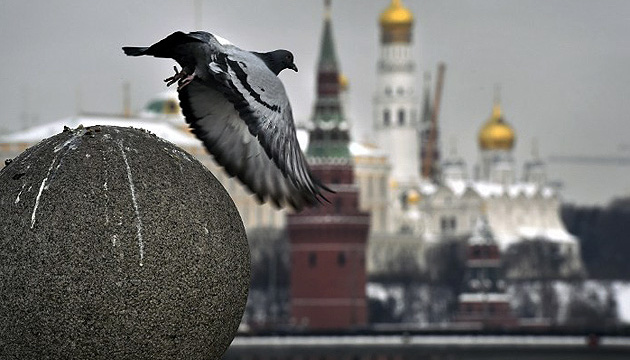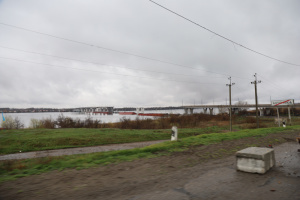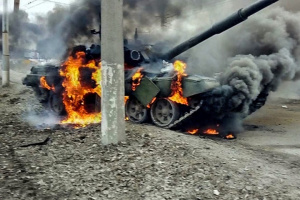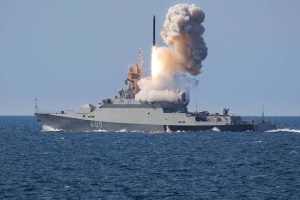
Oreshnik missile strike on Dnipro does not indicate risk of nuclear weapons use - ISW
This is said in a report by the Institute for the Study of War (ISW), according to Ukrinform.
On November 21, Russian President Vladimir Putin intensified his reflexive control campaign aimed at Ukraine and its Western partners by conducting an ostentatious ballistic missile strike against Ukraine that used multiple reentry vehicles.
Putin explicitly threatened that Russia may attack Western countries that support Ukrainian deep strikes in Russia and rhetorically connected the November 21 ballistic missile strike to Russian nuclear capabilities.
“Putin’s November 21 statement demonstrates that Moscow’s constant saber-rattling largely remains rhetorical. Neither the Oreshnik ballistic missile strike nor Putin's November 21 statement represent a significant inflection in Russian strike capabilities or likeliness to use a nuclear weapon,” the report says.
As noted, Russian forces fire nuclear-capable Iskander ballistic missiles, Kinzhal hypersonic ballistic missiles, and nuclear-capable Kh-101 cruise missiles against Ukraine on a regular basis.
Previous Russian missile strikes have targeted industrial and critical infrastructure including within Dnipro City that caused greater damage.
The only fundamentally new characteristic of the Russian strikes against Dnipro City on November 21 was the Oreshnik missile itself, which ostentatiously showcased reentry vehicles to amplify the spectacle of the strike and further imply a nuclear threat. ISW analysts noted that the West maintains credible deterrence options and Putin's nuclear saber-rattling should not constrain Western officials from choosing to further aid Ukraine.
ISW analysts also believe that Putin’s November 21 statement demonstrates that Moscow’s constant saber-rattling largely remains rhetorical. But Ukrainian forces have been striking what the Kremlin illegally defines as “Russian territory” for a long time. The Kremlin has illegally defined occupied Crimea as part of Russia since Russia's illegal annexation of Crimea in 2014. ISW experts also added that Ukrainian forces have routinely struck Crimea with US-provided ATACMS and UK-provided Storm Shadow missiles since April 2023.
The ISW notes that the Kremlin's application of its "red lines" rhetoric has been wildly inconsistent, undermining the overall Russian escalation narrative. Russian authorities previously threatened severe retaliation if Western states provided Ukraine with rocket artillery, tanks, warplanes, and the ability to strike into Russia, and Putin has constantly shifted the goalposts every time the West has called Putin’s bluff.
As Ukrinform reported, according to the Ukrainian Air Force, on the morning of November 21, the Russian army launched an intercontinental ballistic missile, one Kinzhal missile, and seven Kh-101 cruise missiles on the city of Dnipro. Ukraine’s anti-aircraft missile units intercepted and destroyed six Kh-101 missiles.
On Thursday 21, Russian President Vladimir Putin said that the Russian army had struck Dnipro with an Oreshnik medium-range ballistic missile, allegedly in response to the use of U.S. and British long-range missiles by the Ukrainian Armed Forces.
President Volodymyr Zelensky reacted to Vladimir Putin's latest statement. The head of the Ukrainian state noted that by admitting the use of a new ballistic missile on the city of Dnipro, Putin expanded the scale of the war for the second time this year and violated the UN Charter.
The Ministry of Foreign Affairs of Ukraine called Putin's speech another evidence and de facto admission of guilt in the crime of aggression against Ukraine.





